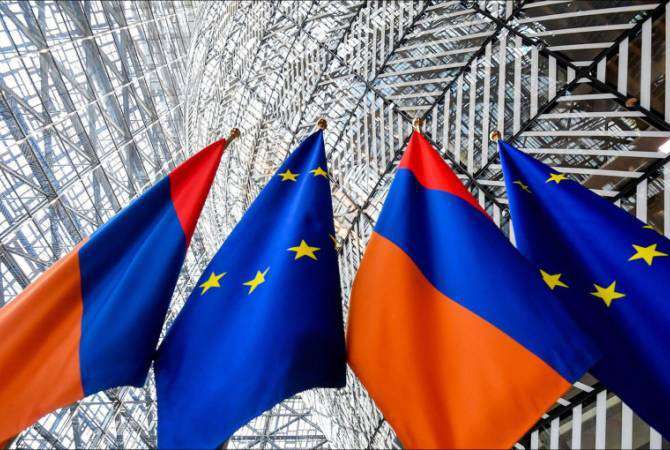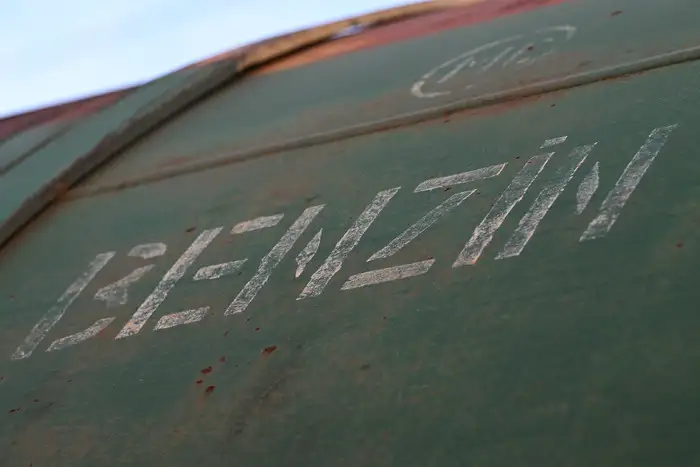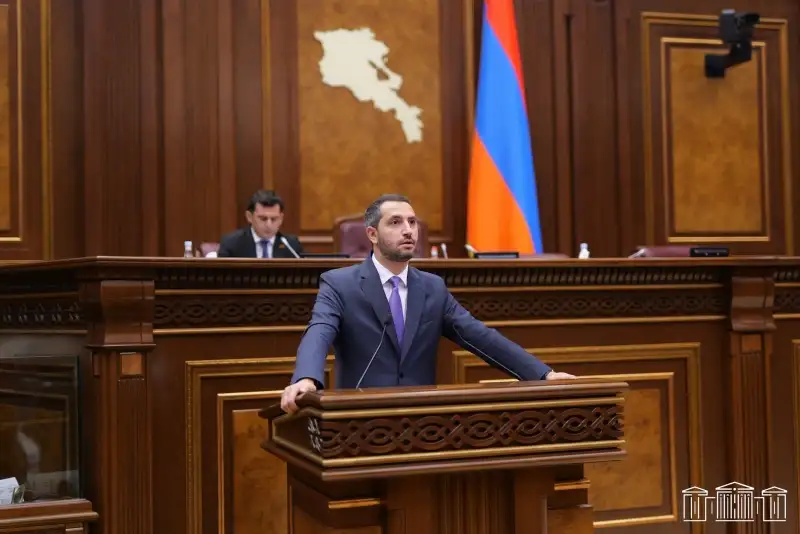The European Union is allocating 100,000 euros of humanitarian aid to support the villages that suffered the most damage from the floods caused by the heavy rains in Armenia's Lori and Tavush regions in May.
EU funding is being allocated to support the Armenian Red Cross Society in sending much-needed aid, including cash and necessities.
The humanitarian assistance is intended to benefit a total of 5,060 direct beneficiaries, including 2,500 individuals who will receive cash assistance to address their most urgent needs and 2,760 individuals who will receive support for shelter, water, and sanitation. Assistance is aimed at households whose houses, crops, livestock, and food supplies have been destroyed by floods.
The funding is in addition to the overall EU contribution to the International Federation of Red Cross and Red Crescent Societies' Disaster Response Emergency Fund.
On May 26, 2024, heavy rains affected the entire territory of Armenia, and the amount of rainfall recorded on the ground reached 100 mm. The Debed, Aghstev, and Tashir rivers suddenly overflowed, worsening the effects of flooding in the Lori and Tavush regions.
The European Union and its member states are the world's leading humanitarian aid donors. Aid support is an expression of European solidarity with people in need worldwide. It aims to save lives, prevent and alleviate human suffering, and protect the integrity and dignity of populations affected by natural disasters and artificial crises.
Through the European Commission's Directorate-General for Humanitarian Aid and Civil Protection (ECHO), the European Union helps millions of victims of conflicts and disasters every year. With its headquarters in Brussels and a global network of field offices, the European Union provides aid to the most vulnerable people to meet humanitarian needs.
The European Union has signed an €8 million Humanitarian Assistance Delegation Agreement with the International Federation of the Red Cross and Red Crescent (IFRC) to support the Federation's Disaster Response Emergency Fund (DREF). Fund resources are primarily allocated to respond to "small-scale" disasters that do not trigger a formal international appeal.
The Disaster Response Emergency Fund was established in 1979 and is supported by donor contributions. Whenever the National Red Cross or Red Crescent Society needs immediate financial assistance to respond to a disaster, it can request funds from the DREF Fund. For small-scale disasters, the ICRC allocates grants from the Fund, which donors can supplement. The delegation agreement between the ICRC and ECHO enables the latter to contribute up to a total of €8 million for the agreed actions of the DREF Fund (which falls within its humanitarian mandate).




















